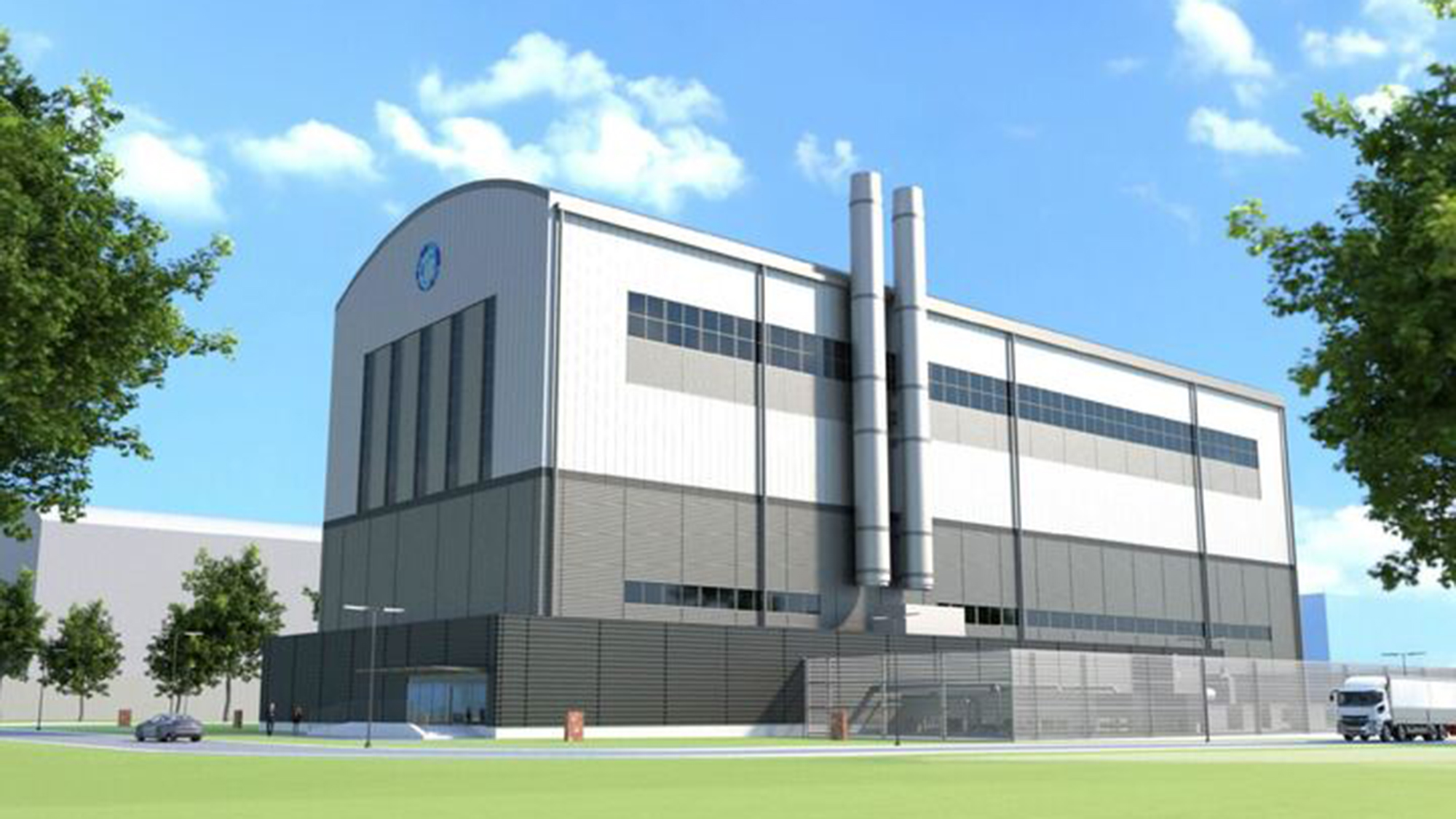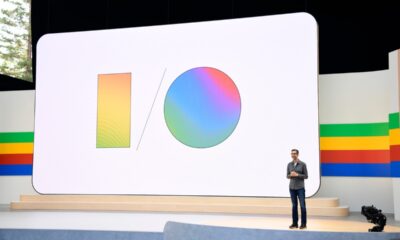Gadgets
Google bets big on ‘mini’ nuclear reactors to feed its AI demands

Google has announced a partnership with California-based small nuclear reactor startup Kairos Power to develop six or seven reactors that could add 500 megawatts of clean energy to the US electrical grid within the next decade. This move underscores Google’s commitment to meeting the growing energy demands of AI technologies while striving to adhere to climate goals. Other tech giants are also turning to nuclear power as a solution to their energy needs.
The first Kairos reactors are expected to come online by 2030, with the remaining reactors operational by 2035. These mini reactors will supply power directly to local energy grids, which Google will utilize for its data centers. The agreement is subject to approval from the US Nuclear Regulatory Commission.
Why choose small nuclear reactors?
Small nuclear reactors (SMRs) offer a more modular and accessible alternative to traditional nuclear power plants. These mini reactors can be deployed more quickly and in a wider range of locations. They also require less frequent refueling compared to conventional reactors. SMRs are designed to be inherently safer, with lower reactor power and simplified components that reduce the risk of large-scale meltdowns. Kairos Power’s design utilizes molten salts for cooling, offering a promising alternative to water-cooled reactors.
Jeff Olson, Vice President of Kairos, highlighted the significance of Google’s investment in advancing nuclear energy and accelerating its commercialization. This partnership is a crucial step towards meeting the energy demands of AI technologies.
AI energy demands are fueling new nuclear investment
Google’s decision to invest in advanced nuclear energy is driven by the increasing energy demands of AI technologies. Data centers hosting AI models consume a significant amount of energy, and Google aims to address this demand with clean and reliable sources like mini nuclear reactors. This strategic move aligns with Google’s commitment to achieving net zero carbon emissions by 2030.
Google’s investment in nuclear energy contrasts with Microsoft’s approach of reviving conventional nuclear facilities. Both companies are exploring different paths to support nuclear power, with Google focusing on innovative solutions like SMRs. Google is also diversifying its energy portfolio with investments in solar, wind farms, and advanced geothermal technologies.
-

 Destination8 months ago
Destination8 months agoSingapore Airlines CEO set to join board of Air India, BA News, BA
-

 Breaking News10 months ago
Breaking News10 months agoCroatia to reintroduce compulsory military draft as regional tensions soar
-

 Gadgets3 months ago
Gadgets3 months agoSupernatural Season 16 Revival News, Cast, Plot and Release Date
-

 Tech News12 months ago
Tech News12 months agoBangladeshi police agents accused of selling citizens’ personal information on Telegram
-

 Productivity11 months ago
Productivity11 months agoHow Your Contact Center Can Become A Customer Engagement Center
-

 Gadgets3 weeks ago
Gadgets3 weeks agoFallout Season 2 Potential Release Date, Cast, Plot and News
-

 Breaking News10 months ago
Breaking News10 months agoBangladesh crisis: Refaat Ahmed sworn in as Bangladesh’s new chief justice
-

 Toys12 months ago
Toys12 months ago15 of the Best Trike & Tricycles Mums Recommend



















